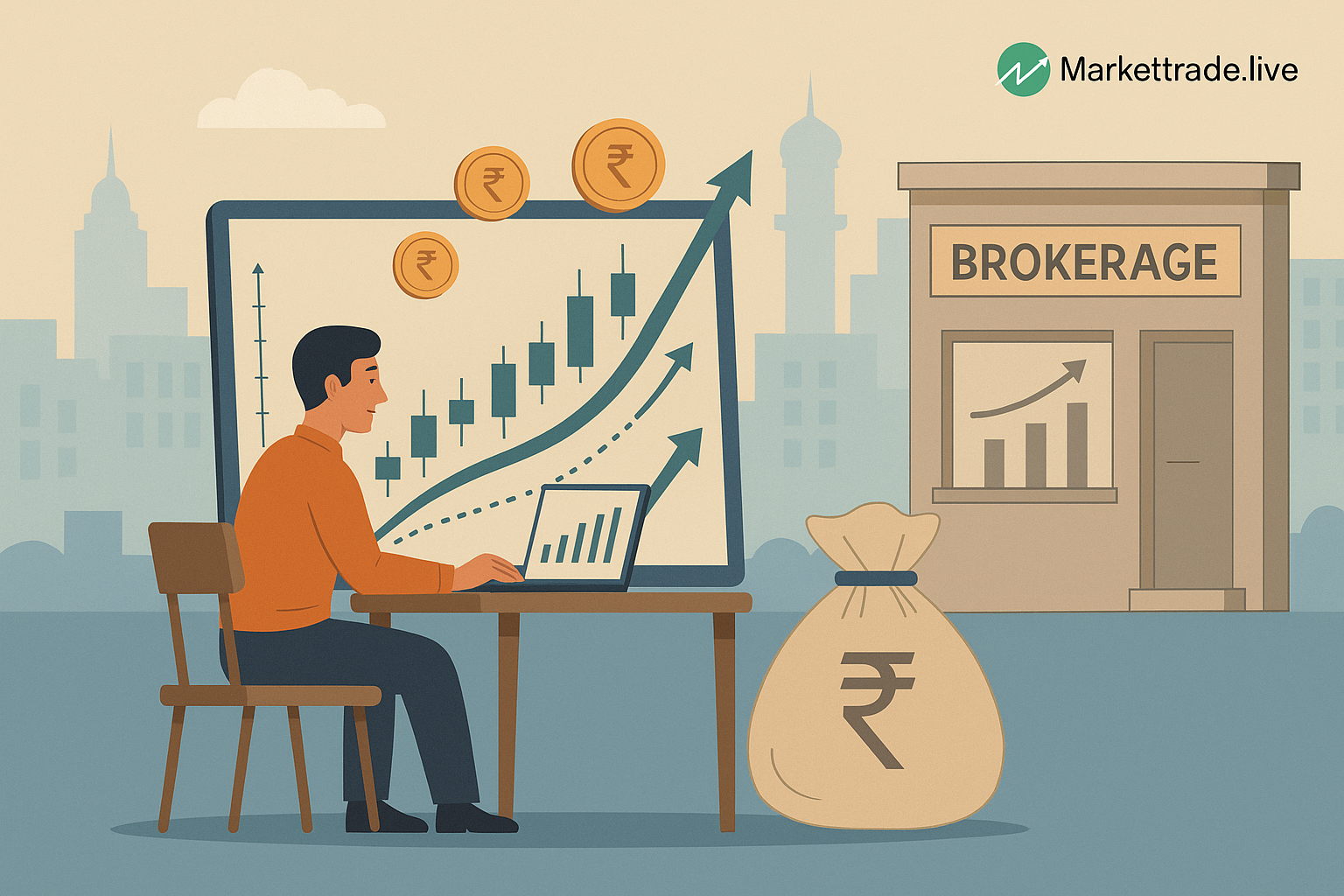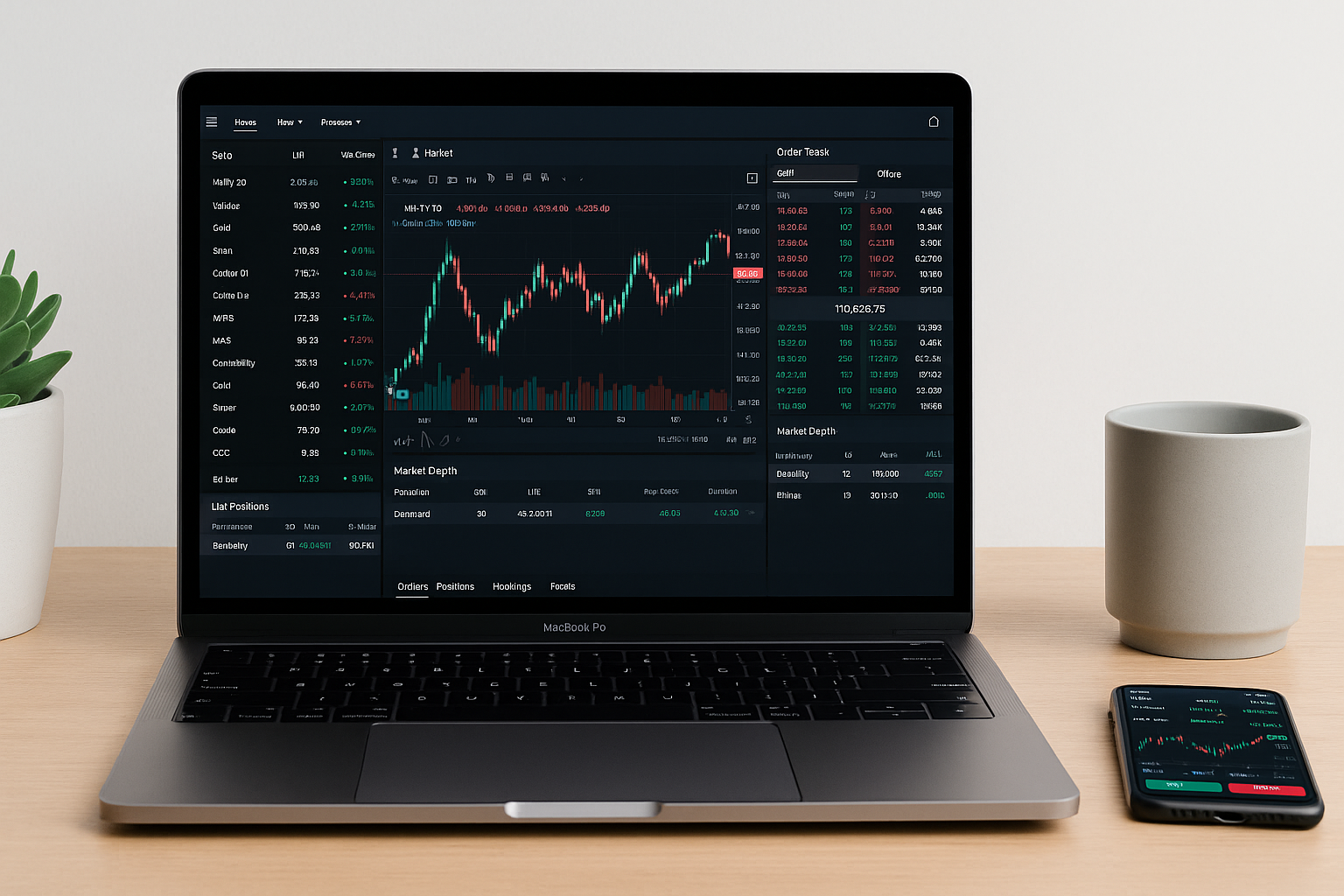
When we think about stock trading in India, images of buzzing terminals, real-time tickers, and compliance-heavy brokers come to mind. However, there’s another fascinating side to this ecosystem that operates beyond the radar of official exchanges. Welcome to the world of Dabba trading, a parallel trading system that has long been part of India’s financial folklore. Often painted in a negative light, Dabba trading in India is usually associated with illegality. But this narrative overlooks the underlying factors that made it popular and the market needs it fulfilled. This blog delves into the positive aspects of Dabba trading, exploring its role in financial inclusion, market access, and investor psychology. What is Dabba Trading? Dabba trading refers to informal, off-the-books stock trading that happens outside the purview of regulated exchanges like NSE or BSE. Trades are executed based on market prices, but no official records or contracts are maintained. Instead, it’s a gentleman’s agreement between the trader and the broker. While it doesn’t have SEBI recognition, Dabba trading in India has historically thrived in regions with limited access to formal financial systems. Surprisingly, its operations mirror legitimate trading activities, minus the paperwork and oversight. The Appeal of Dabba Trading: Why People Chose It 1. Financial Accessibility One of the biggest reasons why Dabba trading in India became popular was the ease of entry. In smaller towns and rural areas, opening a demat account or understanding KYC norms was often daunting. Dabba brokers eliminated these barriers and welcomed investors who were otherwise excluded. 2. Cost-Effectiveness Official trading systems involve brokerages, taxes, and transaction charges. Dabba trading operated without these costs, making it attractive to small investors and daily traders who wanted to maximize their profits. 3. Simplicity and Speed The absence of red tape meant trades could be executed faster. The entire process was straightforward, often conducted over phone calls or in-person discussions, especially in tight-knit communities. 4. Trust-Based System In communities where everyone knew everyone else, the Dabba trading system worked on trust. There was a personal relationship between the trader and the broker, which gave a sense of safety and familiarity. The Cultural Roots of Dabba Trading Long before modern exchanges became digital giants, local communities relied on traditional methods to participate in the market. Dabba trading in India evolved from these grassroots practices. It wasn’t just about making money; it was a social activity where traders gathered in small offices or even tea stalls to discuss stocks and place bets. This gave rise to a unique trading culture that was deeply embedded in the daily lives of people in cities like Ahmedabad, Rajkot, and Surat. These hubs became unofficial financial centers, proving that stock market participation need not be limited to large metros. Dabba Trading as a Gateway to Financial Literacy While it lacked formal recognition, Dabba trading played a pivotal role in generating financial curiosity and market awareness among people who had never set foot in a stock exchange. Traders learned how markets moved, how stocks performed, and how to manage risk – all essential elements of financial literacy. Many successful formal traders today started their journey in these parallel markets. In that sense, Dabba trading in India acted as an informal education system. It fostered risk-taking, strategic thinking, and real-world learning that no textbook could offer. Bridging the Urban-Rural Financial Divide India is a vast country with diverse economic landscapes. In many Tier 2 and Tier 3 cities, formal financial infrastructure took time to penetrate. During this gap, Dabba trading filled a critical void. It allowed people to participate in the stock market ecosystem without needing a computer, internet connection, or extensive documentation. This was particularly helpful in areas where banking and internet penetration were low. Thus, Dabba trading inadvertently supported the idea of financial inclusion, long before it became a buzzword in policymaking. Innovation Through Informality The operational methods of Dabba trading offer insights into grassroots-level innovation. Brokers often used coded language, manual ledgers, and basic calculators to track positions and P&L. Despite lacking access to trading platforms, they managed real-time updates through phone networks and local information sources. These improvisations represent the Indian entrepreneurial spirit – resourceful, adaptive, and effective even under constraints. There is much that modern fintech companies can learn from these informal systems in terms of user-friendliness and client trust. Psychological Comfort for Retail Investors Many first-time investors feel overwhelmed by the formalities of SEBI-regulated markets. The jargon, paperwork, and digital interfaces can be intimidating. Dabba trading, on the other hand, provided a low-pressure environment. The one-on-one nature of interaction made people feel heard and understood. This human element of trading is often missing in today’s algorithm-driven platforms. By being approachable and emotionally accessible, Dabba brokers served as mentors, friends, and financial advisors – all rolled into one. The Modern Relevance of Dabba Trading Principles While regulatory compliance is essential, the core strengths of Dabba trading – simplicity, accessibility, and personalized service – remain highly relevant. In fact, many fintech startups are now trying to replicate these exact features through mobile apps and vernacular interfaces. Imagine a trading platform that combines the ease and affordability of Dabba trading with the transparency and legality of NSE or BSE. This fusion could revolutionize how India’s next billion users engage with stock markets. One such platform that aims to bring the informal ease of Dabba-style trading into a digital environment is Markettrade.live – often referred to as one of the best Dabba trading apps in India. It reflects how technology can transform traditional systems into modern tools without losing their essence. The Transition: From Dabba to Digital As awareness and regulations increased, many former Dabba brokers transitioned into authorized sub-brokers or financial consultants. Their knowledge and experience made them valuable assets in the formal ecosystem. Rather than being vilified, many of these individuals have been recognized for their role in democratizing access to financial markets. Their journey is a testament to India’s economic transformation – from the shadows of informality to the spotlight of










